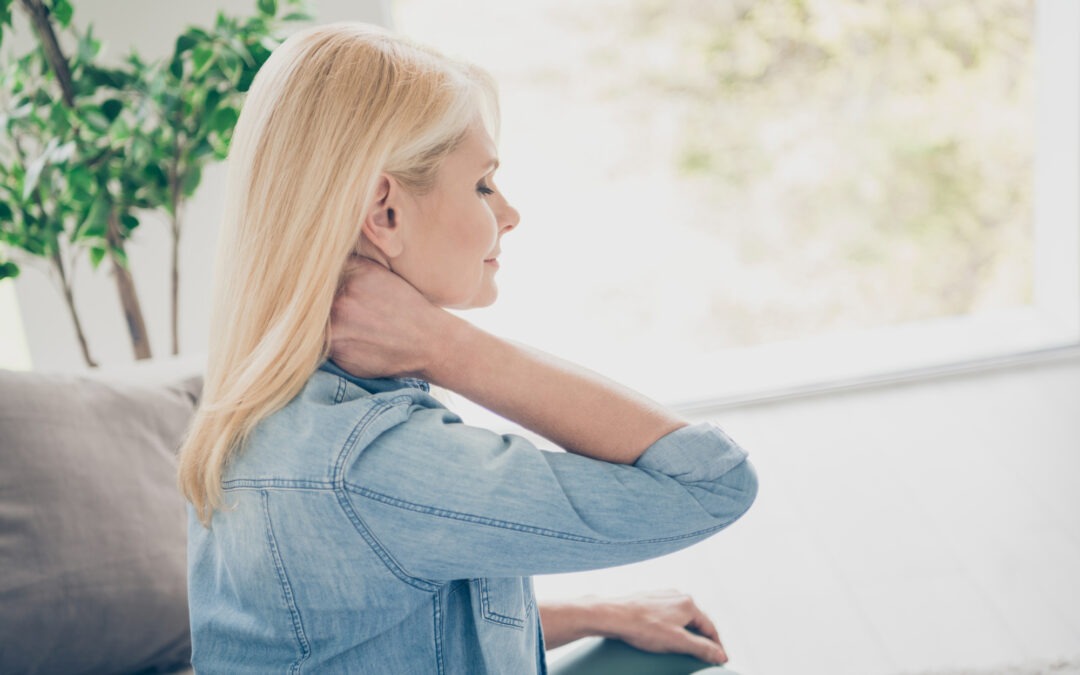Do you have a self care routine and yet still feel tired or lacking in energy?
During busy times of the year and especially now leading up to Christmas we most definitely need to practice the art of self care.
However, if we don’t have awareness of what true personal care is, we may not feel the full amazing benefits. And this even applies to those of us who have regular routines that include plenty of time to look after ourselves.
Most people know me to be the self care queen and clients are often amazed at how much time each day I spend caring for myself. However, a couple of weeks ago I crashed and found it hard to get up off the couch. In fact, I had to reschedule one of my groups; that’s how tired and lacking in energy I was.
I was still doing my regular personal care routines and rituals which are very holistic every day.
So what happened?
Interestingly, what came to realisation is that one of my old patterns was playing out. It’s a pattern that gets in my way if I don’t stay aware of it.
Being a very driven person by nature, I have a habit of packing too much into my day. I can be a little unrealistic about how much I can get done in any given time block.
It set me thinking about what true self care really is.
For many it’s exercise and eating healthily which is essential at any time of life. But, it’s even more than this.
True personal care is being aware of our mindset around caring for ourselves. And it’s about understanding patterns of behaviour that work against us and changing them when they come into play. Real personal support is holistic, it’s not just about one thing.
It’s an inside and an outside job.
This is the true art of self care and will help us gain the full benefits of the practices we use.
So, after reflecting on this, I have come up with a few self destructive habits to look out for, which stop us really caring for ourselves.
Self care isn’t just one practice
Even though anything we do to look after ourselves is going to help, having a holistic approach gives full benefits. To give full self-support, we need to have practices that include our mind, body and spirit.
For example; if we exercise daily but are not fuelling our body with healthy food, it will negatively affect our energy.
The same goes for not having a regular sleep routine, or resisting a meditative practice. This will have a negative effect on the good work we do exercising.
Exercise helps us feel uplifted especially when we do it in the morning. But it doesn’t help us stay mindful during the day like meditation does.
And when we’re not mindful we can get into negative thinking patterns which lowers our energy.
So what’s the answer?
Choose practices, foods and routines that serve the full holistic approach. There are so many to choose from.
Make Google your friend in your search for the practices you enjoy. Try a few for a decent amount of time before you decide if it’s for you or not.
Then create a ritual that you schedule in each day and be flexible with it.
Having a negative mindset about self care
Feeling guilty about putting ourselves first is one of the most common things I hear.
Many people, especially women see self-care as a luxury instead of the necessity it is. We are so used to looking after other people it feels kind of alien to look after ourselves. Or we have been led in the past to believe that putting ourselves first is selfish. And we have a need to be seen as selfless or a good person.
I love this quote from Audrey Lourde, an author who dedicated her life addressing social injustice issues. She said,
“Caring for myself is not self indulgence, it is self preservation.”
So I have become accustomed to renaming self care to the self preservation it is.
Guilt is a heavy burden to bear. And if we make it mean we are selfish that guilt can then become shame. It doesn’t matter how much we tend to our physical needs, if we carry the burden of this mindset, it will drain our energy.
We can talk about not being able to continually drink from an empty cup and that is true. Our cup needs filling regularly, and it’s even more than that.
So what’s the answer?
Remind yourself the more you look after yourself, the more pleasure you are to be around. This is how you can bring light into your loved ones lives.
And if we look at it this way, I would say it’s selfish NOT to care for ourselves first.
Not having firm boundaries
This is a big one for many of us, because we all prefer to keep people happy rather than upset them.
Saying “No” is a biggie for women and for some men too. There is often a need to be liked or we have learned in the past that it’s bad to say “no”.
If we continually try to please other people then we can run ourselves ragged. And it doesn’t matter how much exercise we do or how healthy we eat, that won’t change. This is definitely a behaviour pattern that gets in the way of properly caring for ourselves.
Having firm boundaries is essential to sustainable self care. I’ve become pretty good at this over the years, but it isn’t always easy to do.
It’s vital to accept that not everyone is going to like you and that’s okay. Plus if calling your boundaries leads you to lose a friend then they were never real friends anyway.
Sad, but true.
Also important to accept is that to begin with you might get resistance from others. This is only because they are used to you saying “Yes”. Over time they will get used to you saying “No” instead. So give it time.
Setting boundaries in this way is a good thing; it stops you over extending yourself. And it will stop you doing something you don’t want to do. Obligation is a heavy weight to carry. It drains your energy and doesn’t feel good for the other person either.
So what’s the answer?
When someone asks you to do something, pause before you respond. Say you will get back to them.
And reminder yourself when you say “Yes” to something you don’t want to do or have time for, you say “No” to yourself.
And last but definitely not least;
Being unrealistic about your capacity
The ability to be realistic is another form of boundary setting, but a boundary for you.
If you are like me, you might like to get lots done. You feel good when you see a whole list of ticks at the end of the week. This is our ego mind telling us we need to do more to be more. And it’s a pattern that can really trip us up.
Personally I experienced burn out and adrenal fatigue before I became aware of it.
It can also be related to our personal core values too. If we value achievement or accomplishment we may run this same pattern. There is nothing wrong with wanting to achieve lots. But it becomes a problem when it affects our health or enjoyment of life in general.
Jamming as much as we can into each day leaves us feeling drained, no matter what other self care we do. Constantly putting pressure on ourselves like this, can lead to anxiety and stress. Over time this can lead to very serious health issues.
When we become more realistic about what we plan for our days, we can still feel a sense of achievement. We also feel a lot more energized and vital.
So what’s the answer?
Time how long it takes you to do certain activities and remember this when planning next time.
Ask for help where others can contribute in some way. You will be surprised how happy they are that you need them.
Calm your self talk and remind yourself of how much you have done, instead of what you haven’t.
And lastly but definitely not least, listen to your body because it never lies. Your mind however frequently does. When you feel tired, it means you need a rest.
The bottom line
Our energy is not just affected by what we do physically; it is also affected by how we think. This is because our thoughts affect how we feel and our behaviour patterns.
Self care is and always has been about our mind, body and spirit. With more self awareness and the holistic approach we can start to feel more energised again.
If you resonated with any part of this article and would like support on working on behaviour patterns that have been getting in your way, working with a coach will help. You are very welcome to book a complimentary clarity call with me HERE

